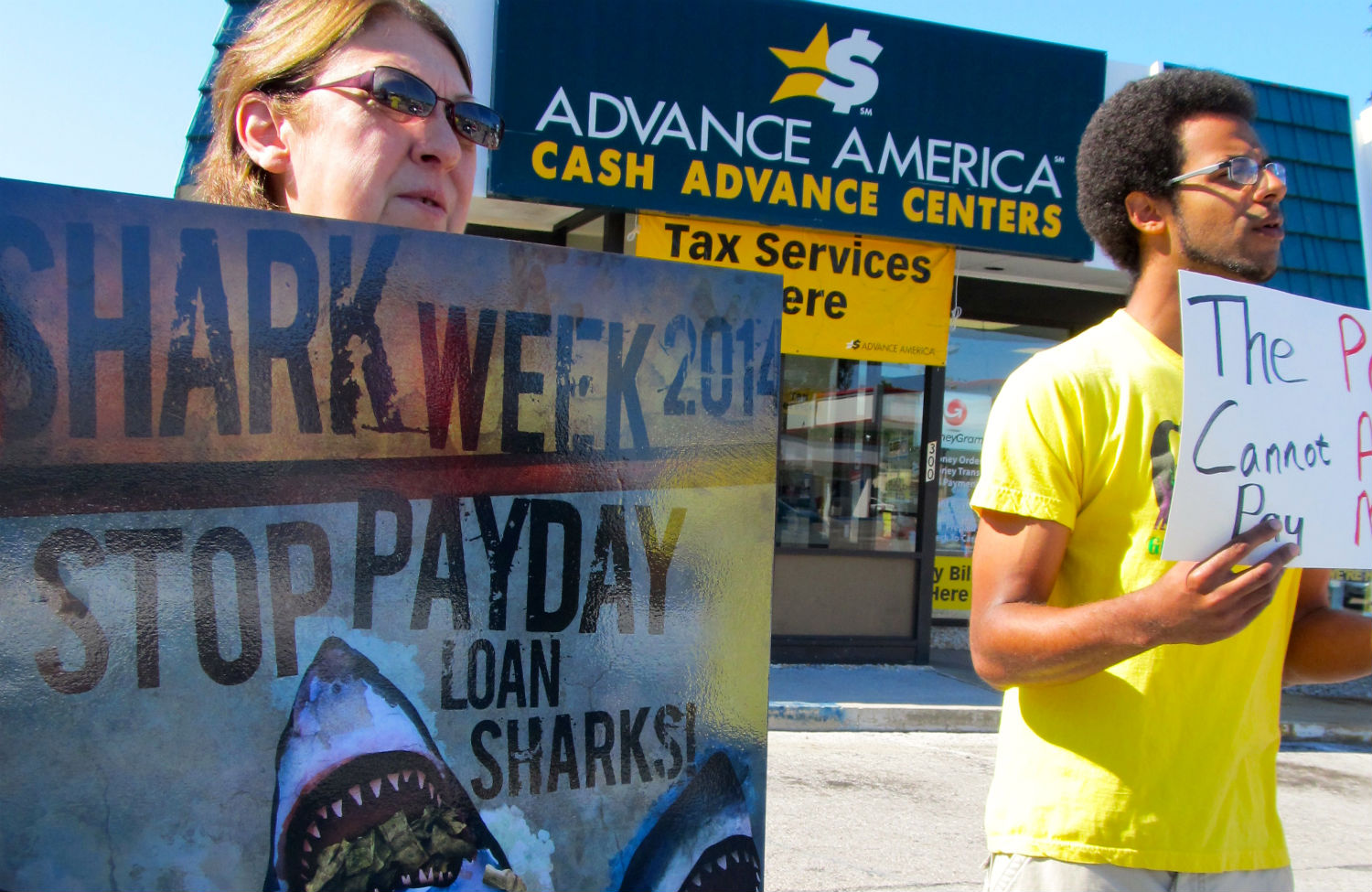For the tens of millions of baby boomers in the United States, the first large corporation whose products they encountered was probably Johnson & Johnson. That’s because the vast majority of parents in the postwar period used the company’s baby shampoo, oil and powder on their precious bundles of joy. Carefully cultivating an image of purity, J&J established itself as an indispensable part of infant care.
That image is now in tatters. The company just disclosed that it is being investigated by the Justice Department, the Securities and Exchange Commission and Congress in connection with possible asbestos contamination of its baby powder and other talc-based products. These probes were prompted by investigative reporting in outlets such as the New York Times alleging that J&J executives raised internal concerns about the asbestos issue decades ago but the company never acknowledged these publicly.
These revelations gave more credence to thousands of lawsuits filed against J&J in recent years by women, including many who used the company’s baby powder on themselves as well as their infants, charging that the products caused them to develop ovarian cancer. J&J has been losing a lot of these cases, including one in which a jury awarded $4.7 billion in damages to a group of 22 women.
Rarely has a product’s reputation fallen so far, and rarely has a company once held in such high esteem come to be regarded as morally equivalent to cigarette manufacturers. Yet a closer look at J&J’s track record shows that its immaculate reputation has been deteriorating for quite some time.
Over the past decade the company has been involved in a series of scandals and has been forced it to pay out large sums in civil settlements and criminal fines.
The most serious of those cases involved allegations that several of its subsidiaries marketed prescription drugs for purposes not approved as safe by the Food and Drug Administration, thus creating potentially life-threatening risks for patients.
For example, in 2013 the Justice Department announced that J&J and several of its subsidiaries would pay more than $2.2 billion in criminal fines and civil settlements to resolve allegations that the company had marketed it anti-psychotic medication Risperdal and other drugs for unapproved uses as well as allegations that they had paid kickbacks to physicians and pharmacists to encourage off-label usage. The amount included $485 million in criminal fines and forfeiture and $1.72 billion in civil settlements with both the federal government and 45 states that had also sued the company.
Other J&J problems resulted from faulty production practices. During 2009 and 2010 the company had to announce around a dozen recalls of medications, contact lenses and hip implants. The most serious of these was the massive recall of liquid Tylenol and Motrin for infants and children after batches of the medication were found to be contaminated with metal particles.
The company’s handling of the matter was so poor that its subsidiary McNeil-PPC became the subject of a criminal investigation and later entered a guilty plea and paid a criminal fine of $20 million and forfeited $5 million.
J&J also faced criminal charges in an investigation of questionable foreign transactions. In 2011 it agreed to pay a $21.4 million criminal penalty as part of a deferred prosecution agreement with the Justice Department resolving allegations of improper payments by J&J subsidiaries to government officials in Greece, Poland and Romania in violation of the Foreign Corrupt Practices Act. The settlement also covered kickbacks paid to the former government of Iraq under the United Nations Oil for Food Program.
All of this has been a humiliating comedown for a company that was once regarded as a model of corporate social responsibility and which set the standard for crisis management in its handling of the 1980s episode in which a madman laced packages of Tylenol with cyanide. While the company was then being victimized, in the subsequent crises it mainly has itself to blame. Off-label marketing, faulty production practices and foreign bribery are bad, but the current scandal over asbestos contamination and the alleged cover-up pose a threat to the survival of the company.

